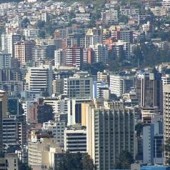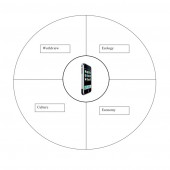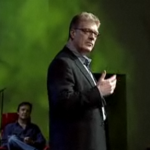Abstract: The field of media education, emerging within the instrumental vision of modernity, has largely ignored its unspoken modernist assumptions. In this article, we argue the time has come to fully engage an embodied view of media from an evolutionary, ecological perspective—what we might call ecological modernism. This is a perspective that views media as evolving mediations through various material/technical practices, where body knowledge, rather than some idea of objective reality, is understood as the empirical ground for how we come to make sense of ourselves and the world. The focus is then shifted from the problem of subject versus object relationships to how subjects and objects are mutually constitutive. By extension, the juxtaposition of the concept of citizen with the body clarifies yet another crucial dimension of the embodied perspective. Two examples of “citizen”-based media education projects are briefly reviewed from this ecological modernist perspective in order to consider the implications of resituating grounded citizen-oriented media education.
Continue Reading
Two developing strands of a multidisciplinary literature provided an impetus for this paper: 1) the emergence of new regionalism, new urbanism, and smart codes that inform urban planning and design principles and practices for environmental sustainability, and 2) the diffusion of telecommunication and multi-media technologies that facilitate implementation of pedagogic principles in the “classroom.” The emerging urban planning and design paradigms anchor environmental sustainability issues firmly in place and space with an emphasis on the physical form of cities and regions, which, due to induced vehicular travel, is linked to greenhouse gases with consequences for climate change. Innovations that enhance learning in the classroom or the community increasingly embed and diffuse telecommunication and multimedia technologies. The intersections of urban sustainability, planning, pedagogy, and technology are briefly reviewed in this paper. It turns out that urban planning and design paradigms—particularly those with an emphasis on systemic knowledge, holistic views of both the natural and built environments, collaboration, communication, and reflective practice—synergize with environmental sustainability goals. Furthermore, these very features are ingredients for effective education for urban sustainability, particularly in conjunction with advanced telecommunication and multimedia technologies.
Continue Reading
As a professor of undergraduate media studies, I have attempted to bridge media education and ecoliteracy by developing an experimental media education approach called Ecomedia Literacy. The framework attempts to balance the strengths of media studies with the concerns of education for sustainability. This paper documents a specific case study in which I introduced sustainability themes into an undergraduate digital technology and culture course by using the Ecomedia Literacy framework.
Continue Reading
The TED (Technology, Entertainment, Design) website brings videos of world-class TED conference talks to everyone’s finger-tips. Something about the website gets us hooked, and the daily inspiration for ourselves, and our students, keeps us coming back for more.
Continue Reading